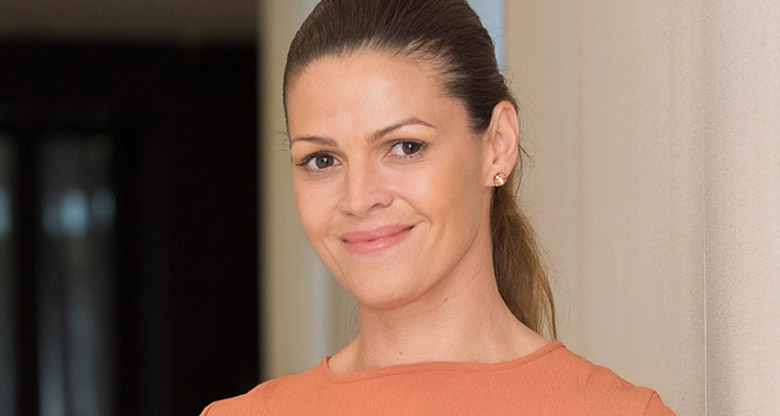The Queensland Country Women’s Association (QCWA) has come a long way since its inception in 1922, when its pioneering founding member and first president Ruth Fairfax travelled all over Queensland opening branches.
At a time when women didn’t have any other organisational support, the branches acted as an important meeting place for women to connect and exchange ideas. Here, State President of QCWA, Christine King, shares how the collective impact of the group has grown, and what it means for QCWA today.
Supporting women from all walks of life
The QCWA has a simple vision: for the women of Queensland to come together to support communities, while celebrating their interests and forging friendships in a respectful and caring environment.
“We’re there to welcome women from every background, it doesn’t matter whether they’ve lived in the country or grown up in the cities,” Christine says. “It’s about engaging with one another and engaging with the community,” she says.
QCWA’s membership includes women across a variety of occupations, from school teachers and nurses to solicitors and accountants, and women on boards. “We have a lot of women who are running online businesses from home,” Christine adds. “Working from home can be pretty lonely, so they enjoy being part of a branch and the social contact.”
Embracing diverse interests and abilities
An apolitical and non-sectarian group, QCWA advocates and provides opportunities for women around education, health and community. From raising awareness about healthy eating through QCWA’s Country Kitchens program, to packaging ‘Care Packs’ for those affected by domestic or family violence as part of CWA’s national partnership with DVConnect, it is up to each individual branch to develop their own program and agenda based on the interests and skillsets of their members.
“Every branch has different members and they all recognise each other’s skills,” Christine says. “Some are fantastic crafters, others are great at public speaking, some may have travelled a lot and be interested in international work, some might be primary producers… so there are lots of opportunities to make programs very varied in each branch,” Christine says.
Creating equal opportunity for education
Addressing issues around access to education is a key focus for QCWA, particularly in the context of the drought. “Life can be difficult in rural and remote areas and the divide is becoming bigger,” Christine says. “Many families are struggling to give their children the opportunity to live away from home and do their studies and excel.”
To address this need, QCWA runs an ongoing program of bursaries for rural students to pursue their higher education, giving young people the financial support they need to meet the costs involved with attending regional or city universities.
The emphasis on education is also carried through to the QCWA members themselves, who are trained in meeting procedure and governance. “We’re renowned for holding great meetings and we train that right throughout the organisation,” Christine shares. “We have members who’ve gone on to be on local councils and mayors of shires, and their whole office background has come from CWA procedure.”
Tackling local issues through collaboration
Christine has a huge passion for QCWA – she has been a member for more than 25 years – and she sees now as an important time for growth. “The association is moving forward at great speed at the moment,” she says. “Other organisations and companies are recognising our value, we’ve formed lots of new partnerships and we’ve been invited to have a seat at the table of many government and association meetings.”
Many of these meetings have centred on QCWA’s Public Rural Crisis Fund, a long-term initiative that assists women and families during times of crisis such as fire, flood and drought. “We’ve given out millions of dollars to thousands of applicants in need since the fund’s inception in 1990,” Christine says. “We also give out food vouchers to local food stores, so people can spend on other things that they need.”
In order to continue this work, Christine is focused on continuing to grow QCWA’s supporter base. “We can’t keep doing this work unless our organisation grows and becomes stronger through our membership,” she says. “We encourage organisations to share about the association with their female employees, and opportunities for women in rural and regional areas to join as branch members or supporter members.”
Sign up to the Women in Focus newsletter for updates on our community and events, and more content like this.






